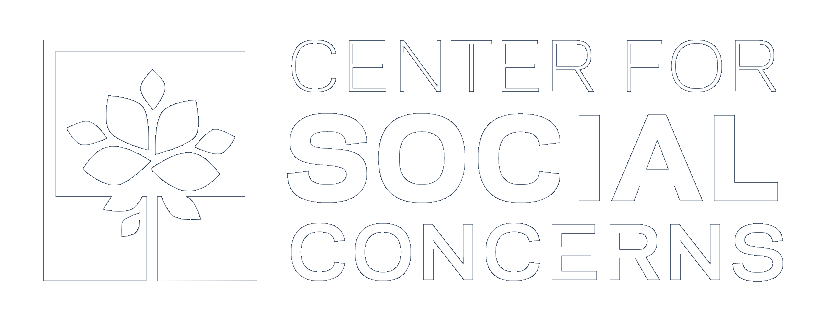Should college be an “all about me” experience?
In our just published book, The Real World of College: What Higher Education Is and What It Can Be, Howard Gardner and I report on findings of a ten-year study of higher education in the United States. The study draws on more than 2000 in-depth interviews with the major stakeholders across ten disparate campuses. For more than five years, we traveled to campuses to speak with students, faculty, administrators, parents, trustees, young alums, and job recruiters to understand their perspectives about the purpose(s) of higher education—their views about what students should get out of the college experience and how the experience should optimally prepare students for the future.
With a team of researchers, we analyzed these data systematically by scoring and categorizing responses to specific interview questions and across the whole interview; and analyzing text across more than 265, 000 participant responses—more than 11 million words! We listened carefully to what people said, but also what they did not say—as well as the framing and context of words and responses.
One of the most important findings is the use of a single word, indeed, a single letter: “I.” We find that on the average students use the word “I” eleven times more than they use the word “we.” Moreover, the use of “I” and “we” is similar across students at different schools, and across first-year students and graduating students. Some may think that this is not surprising, given that we are analyzing data from one-on-one interviews. But roughly half of the interview questions focused on others—the overall student community, problems students face and possible solutions, and perspectives on the future of higher education.
The prevalence of “I” over “we” gives insight into what we believe is a troubling problem for the sector of higher education—students’ preoccupation with “self.” At least half of the students across schools approach college with a “transactional” mental model—they view college primarily or even exclusively as an opportunity to get good grades, build their resumes, and secure jobs. Fewer students approach college with an “exploratory” mental model—an opportunity to try out different disciplines and meet new people; and even fewer students (fewer than 20%) approach college with a “transformational” mental model—an opportunity to reflect on and expand one’s beliefs and values, and consider and re-consider one’s place in the world.
Moreover, the focus on self also surfaces in discussions about problems—those which focus on the individual, not the community. When asked about problems “on campus,” students routinely describe personal well-being, indicating that the pressure to achieve and “do well” leads to most of the mental health issues. While students on all campuses acknowledge that academic dishonesty—a community problem—is rampant, they indicate that it was the least important problem (mental health, alcohol and substance abuse, peer relationships, and safety issues are seen as far more problematic). Furthermore, some even rationalize cheating, while most other believe it is not their responsibility to take action to prevent it.
How does this focus on the self (the “I”), rather than focus on community (the “we”) compare with words and perspectives across other stakeholder groups?
As demonstrated by most other findings in our study, we find that students are more similar to the off-campus adults—especially the parents and young alums—than to the on-campus adults (faculty and administrators) whom they presumably see far more frequently. While all stakeholder groups use the framing of “I” more than “we,” we find stark differences among constituencies. Specifically, faculty and administrators use “I” four times more than “we,” trustees use “I” six times more than “we,” and parents use “I” fourteen times more than “we”—even more than their student offspring!
The most dramatic difference is found among young alums, those who have graduated from college within the last five to ten years: they use “I” twenty-two times more than “we.” Clearly, the first job, does not help young people to think more about others than themselves! We might even say that the first job increases the likelihood—doubles the likelihood—that alums will focus on self. “I” seems to be a rising line!
Recognizing that college is the last “formal” opportunity for intellectual development, we believe that the sector of higher education needs to do more to encourage—and cultivate—thinking and acting “beyond the self.” Accordingly, over the last two years, we have been piloting an approach to bring “beyond the self” front-and-center in the college experience. Specifically, on four college campuses, we ask students to write about difficult problems or situations they learn about, confront, or observe—situations in which there may not be a clear “right” or “wrong.” Four times throughout the academic year, we meet with students one-on-one to reflect about their entries, directly and indirectly prodding them move the needle from “I” to “we.” We believe that such an approach needs to be “intertwined” into the college experience for everyone—whether in advising, as part of first year orientation, integrated into ethics centers as part of residential programming and that it is sustained over the course of college.
Alas, we realize that this egocentrism has many sources in the broader society; it cannot be reversed by a single program, no matter how ingenious or even powerful. Nonetheless, we feel it is important to set a model how one can help students to “de-center” and then to work with others to promote this more civic and more responsible attitude. Ultimately, we want to increase the likelihood that those on the cusp of entering the “real world,” will not only attend to their needs, but also those of our broader society.



